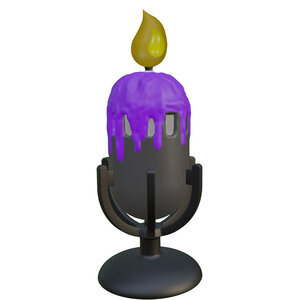Homeschooling - as a parent, you have to unlearn how people should learn, Djamila le Pair (English)
Lynn Joyce led the Berkshire Home Education Group in the United Kingdom from 1999 to 2011. The group was as important to children, as it was to their homeschooling parents - it was a place to share knowledge and experiences, to organize many joint projects and field trips, and most importantly: to have fun.
Lynn and her husband Tom Joyce home educated their three sons up to Sixth Form, the last two classes of high school*. In conversation with Djamila le Pair, half July 2022, they discuss various related topics, such as what made them decide to homeschool their children, what were their worries and joys while teaching them, and how and what their sons (the youngest is 28) are doing, today.
To many homeschooling parents in search of reassurance, inspiration or just plain fun, Lynn offered a warm and caring welcome. She regularly invited the whole group for (jointly cooked) dinners, with or without children, at the Joyce’s home. Where needed, she and Tom helped, either in deed, or with words of encouragement. Lynn seemed to have endless patience, both with parents and with children. She always pointed out the positive in a child, when parents were over concerned about its development. Her entirely voluntary contribution to the well-being of so many families has not been recorded anywhere. In addition to being an informative interview for parents who are contemplating to home educate their children, this recording is also very much meant as a tribute and thank you to Lynn and Tom Joyce.
*At least until 2019, it was the case in the UK, that after elementary school a child would go on to 'secondary education', comparable to the period up to the fourth grade of the Dutch post-primary education. (Another option was Grammar School, similar to the Dutch Gymnasium.) There was no distinction between school levels, so no Dutch equivalents like MAVO, HAVO, VWO, though there was a subdivision by subject. Classes were divided into 'higher' and 'lower sets' (higher and lower level). During the last two years pupils would have to take exams in a wide range of subjects, the GCSEs. Those who wanted to go on to university would first have to continue their studies at a Sixth Form, similar to the Dutch 5th and 6th classes of VWO. The British final years differed in that the compulsory number of subjects was three (with a maximum of five), and English and math were then no longer compulsory.
this interview is part of a series on education: https://potkaars.nl/onderwijs
